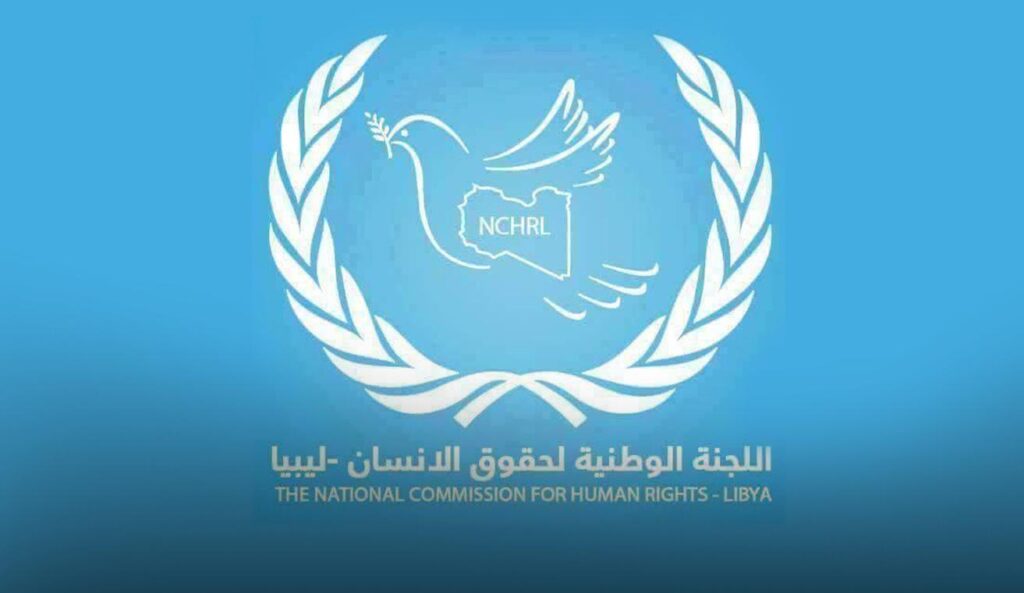The National Commission for Human Rights in Libya (NCHRL) released a statement expressing concern regarding the lack of healthcare for vulnerable groups, including migrants and minors in Libya. The committee highlighted patients’ safety at risk due to the lack of medical care. The Ministry of Health was called upon to provide clear plans to allow treatment without restriction or request paperwork.
Despite the growing presence of international organizations in Libya, the NCHRL expressed worry over their failure to provide adequate healthcare services. Migrants and asylum seekers were said to face significant disruption when seeking places to receive treatment. They were unable to locate contact information for extended periods and request assistance from international agencies and partners, leading to a loss of hope. Furthermore, the NCHRL monitored a significant decline in the response of the Doctors Without Borders (MSF) team since March 2022, especially in Tripoli.
The NCHRL called for transparency from international organizations and urged them to declare their capacity to provide healthcare services to highlight the magnitude of the shortage. Organizations such as MSF were urged to review their field team’s assessment, provide adequate training and responsiveness, especially in situations where rapid intervention is necessary. Urgent medical care was emphasized to be the responsibility of the state and concerned organizations and agencies.
The Ministry of Health was called upon to provide full health and medical care to irregular migrants and asylum seekers, as well as the most vulnerable and marginalized groups such as the displaced and internally displaced. The committee reinforced that the ministry had a humanitarian and legal responsibility to care for these vulnerable groups.
The NCHRL concluded the statement by emphasizing the safety and well-being of vulnerable groups should be a top priority for the Libyan government, NGOs and international organizations operating in the country. All actors were urged to work together to ensure the provision of healthcare services for all. Overall, the statement serves as a reminder to organizations and agencies of their responsibility to provide healthcare services for vulnerable groups in Libya.
